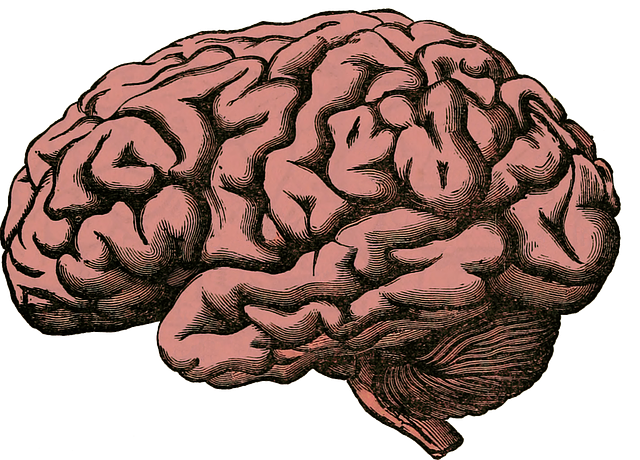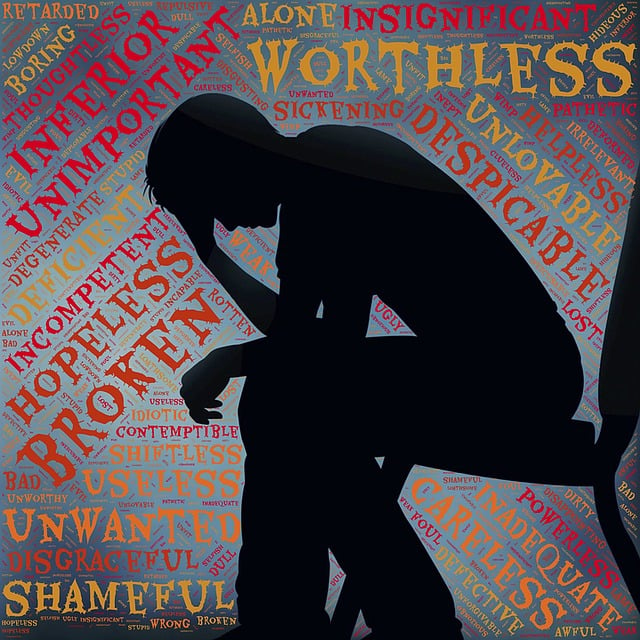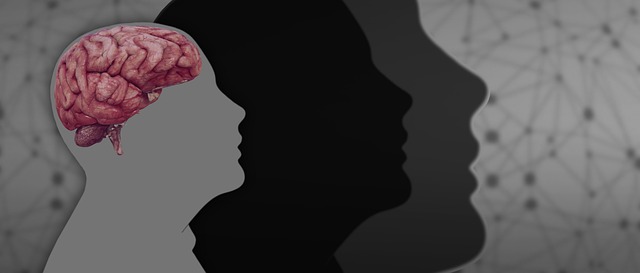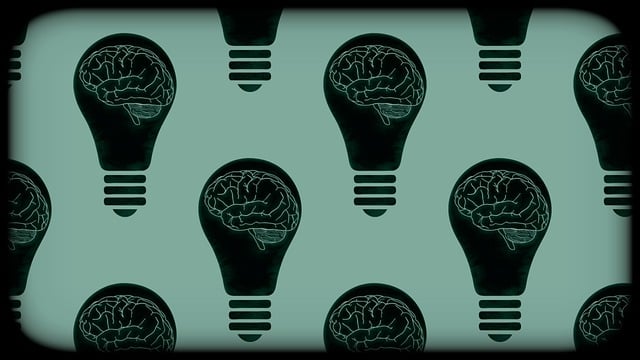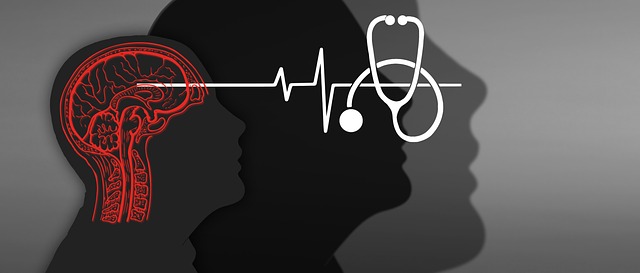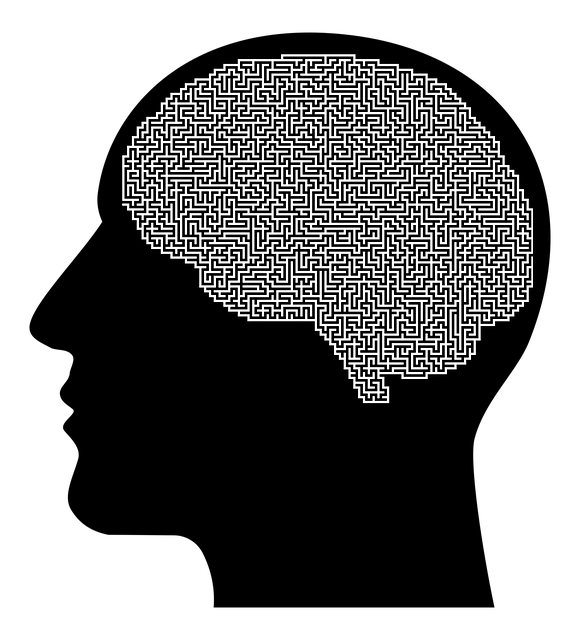Mental illness stigma significantly hinders recovery, but innovative approaches like Superior Anger Management Therapy offer hope. This therapy educates communities, promotes empathy, and encourages early treatment seeking through stress management techniques. Integrating this into existing services like Trauma Support Services, combined with policy advocacy, can break down stigma barriers. Local support groups led by peers or professionals further foster acceptance, develop inner strength, and teach emotional regulation skills, ultimately enhancing well-being and creating supportive recovery networks.
Mental illness stigma is a pervasive barrier to treatment, causing significant harm. This article delves into the profound impact of stigma on mental health, exploring effective strategies to reduce it. We spotlight Superior Anger Management Therapy as a potent tool in combating stigma, emphasizing its role in empowering individuals and fostering understanding. Additionally, we discuss the crucial role of empathy and supportive communities in accelerating recovery and breaking down barriers associated with mental illness.
- Understanding the Impact of Stigma on Mental Health
- Effective Strategies to Reduce Stigma: A Focus on Superior Anger Management Therapy
- Fostering Empathy and Supportive Communities for Recovery
Understanding the Impact of Stigma on Mental Health

Stigma surrounding mental illness can have profound effects on individuals’ well-being and recovery journey. When society stigmatizes mental health conditions, people often face discrimination, prejudice, and social exclusion, which can exacerbate their symptoms and hinder access to adequate treatment. This internalized shame and fear of judgment may prevent them from seeking help, leading to prolonged suffering. For instance, someone struggling with anxiety or depression might experience persistent self-doubt and a sense of inadequacy due to societal expectations, making it challenging for them to engage in effective coping strategies.
Addressing mental health stigma is crucial, and one innovative approach is through superior anger management therapy, which can be a game-changer. Such therapeutic interventions aim to educate individuals, families, and communities about mental illness, fostering empathy and understanding. By participating in community outreach program implementations, people learn to recognize the signs of struggle and offer support without judgment. This shift in perspective encourages those affected to speak up, seek treatment, and manage their conditions effectively. Moreover, stress management techniques taught during these sessions can empower individuals to cope with challenging emotions, thus reducing potential triggers for mental health episodes.
Effective Strategies to Reduce Stigma: A Focus on Superior Anger Management Therapy

Reducing stigma associated with mental illness is a multifaceted approach, but one powerful tool that has gained significant attention is Superior Anger Management Therapy. This therapeutic intervention focuses on addressing and regulating anger effectively, which is often a core symptom or manifestation of various mental health conditions. By teaching individuals coping strategies and helping them understand the connection between anger and underlying issues, this therapy offers a unique path to stigma reduction.
Superior Anger Management Therapy goes beyond merely suppressing emotions; it empowers individuals to process and express their feelings healthily. Through structured programs and personalized guidance, therapists help clients identify triggers, develop healthy responses, and foster self-awareness. This not only improves individual well-being but also challenges societal perceptions by demonstrating that managing anger is a crucial aspect of overall mental health. Integrating such therapy into support services like Trauma Support Services and promoting it through Mental Health Policy Analysis and Advocacy can significantly contribute to fostering an environment where individuals are supported and understood, ultimately breaking down barriers caused by stigma.
Fostering Empathy and Supportive Communities for Recovery

Building supportive communities is a powerful tool in the fight against mental illness stigma. By fostering an environment where individuals with mental health challenges feel understood and accepted, we can significantly impact their journey towards recovery. Local support groups, led by peers or professionals, play a crucial role in this process. These platforms encourage open dialogue, allowing members to share experiences, offer support, and educate others about various conditions, including superior anger management therapy techniques.
Promoting inner strength development and emotional regulation skills through such initiatives empowers individuals to manage their mental health proactively. Additionally, teaching stress reduction methods within these communities can further enhance overall well-being. Ultimately, these efforts contribute to breaking down barriers, reducing stigma, and creating a network of care that supports lasting recovery.
Mental illness stigma reduction is a multifaceted approach, requiring understanding, empathy, and effective therapeutic strategies. By acknowledging the profound impact of stigma on mental health and implementing solutions like superior anger management therapy, communities can foster supportive environments that promote recovery and reduce isolation. Empathy plays a crucial role in breaking down barriers, ensuring folks with mental health challenges feel seen, heard, and supported. Together, these efforts can revolutionize how we navigate mental well-being in our society.
